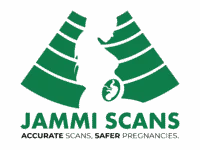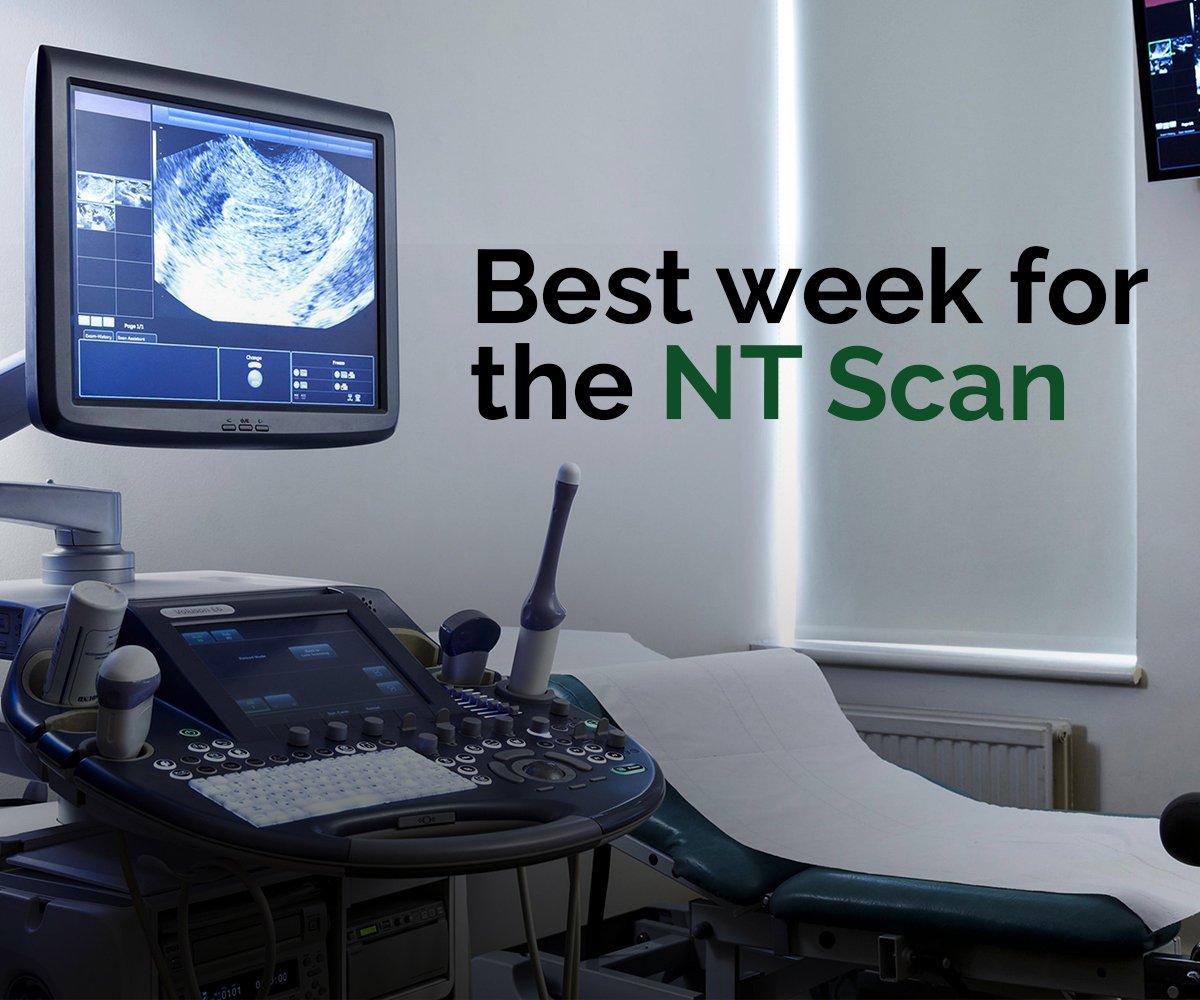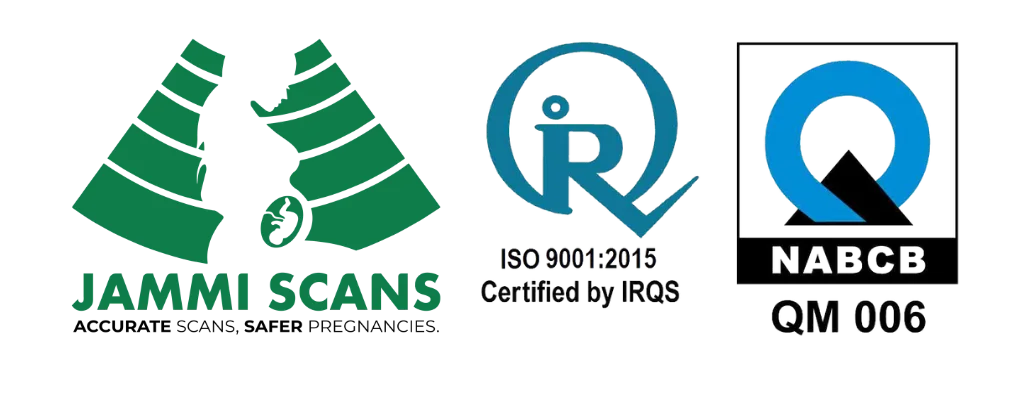Table of Contents
ToggleMaternal anxiety and first-trimester nuchal translucency screening
Maternal anxiety is common. What and what not to eat, which fetal medicine specialist to consult and which scan center to visit, the best week for the NT scan, and the list is endless.
We understand you at Jammi Scans, and that’s why we come up with informative posts keeping you and your uneasiness in mind. This blog will discuss the best week for the NT scan and why along with the most commonly asked questions.
Which week is best for the NT scan? Why is the nuchal translucency performed at the precise 12-week mark? A look through
An NT scan is performed by your healthcare provider when your unborn child is precisely between 11 and 13 weeks of gestational age.

Or, to put it another way, your baby’s first screening for nuchal transculency is performed when their length from the crown (the top of their head) to the rump is between 45 millimeters and 84 millimeters (bottom of their torso).
You can only take the NT scan until you are 13 weeks and 6 days pregnant, and not beyond that.
This is due to the fact that after 14 weeks of gestation, the fluid behind your baby’s neck tends to be reabsorbed by the body. This makes measurement later in pregnancy more challenging.
During the NT scan, some professionals also check to see if the fetal nasal bone is present.
What is the first-trimester screening test and its purpose?
The NT tests are often done as part of a first-trimester screening test.

They are taken exactly between 11 and 14 weeks due to the fact that after 14 weeks of gestation, the fluid behind your baby’s neck tends to be reabsorbed by the body. This makes measurement later in pregnancy more challenging.
The test is conducted majorly to help identify a fetus at risk for Down syndrome as well as other chromosomal abnormalities and some significant structural abnormalities.
How accurate is 12 week NT scan?

Yes, it is 75% accurate.
However, it will not tell you whether or not you have a problem, such as Down syndrome. The only way to diagnose Down syndrome or other chromosomal abnormalities is to perform a diagnostic test, such as a CVS or an amniocentesis, and test the fetal cells. These tests are invasive, requiring a needle to be inserted into the mother’s abdomen and uterus, and thus carry a small risk of miscarriage.
Because of the small risk of miscarriage, many patients prefer to have the ultrasound screening test, the NT scan, to help them decide whether or not to proceed with testing the fetus.
Unfortunately, while NT in tandem with a first-trimester biochemical blood test is a highly accurate screening test for chromosomal abnormalities, it will not detect all fetuses with Down syndrome or other chromosomal abnormalities.

Chromosomal abnormalities occur when the number or structure of the chromosomes changes. We normally have 46 chromosomes, which are divided into 23 pairs numbered 1-22 and a pair of sex chromosomes.
Boys have the letter XY, while girls have the letter XX. Down is the most prevalent chromosomal irregularity seen at birth. An additional copy of chromosome 21 is present in Down syndrome, resulting in a total of 47 chromosomes.
What is normal NT at 13 weeks?
Low risk for genetic disorders is associated with the following measurements at 11 and 13 weeks:

Up to 2 mm at 11 weeks.
Up to 2.8 mm at 13 weeks and 6 days.
The likelihood that your baby has Down syndrome or another genetic disorder is extremely unlikely if there are normal amounts of fluid in the back of the neck when doing an ultrasound.
The measurement of nuchal translucency rises with gestational age. The time between conception and delivery is known as this. The risk for some genetic disorders increases with increasing measurement in comparison to infants of the same gestational age.
Choose an expert practitioner for NT screening – Obstetric ultrasound
It is critical that you have your NT scan performed by a reliable medical practitioner who is experienced in obstetric ultrasound to ensure that it is done correctly.
At Jammi Scans, we have a fetal medicine specialist performing ultrasounds who is skilled at capturing your baby’s images as they are. Our imaging facilities are welcoming and comfortable, with a helpful and knowledgeable staff and the most modern medical imaging technology.
To reduce wait times, please contact us in advance.




